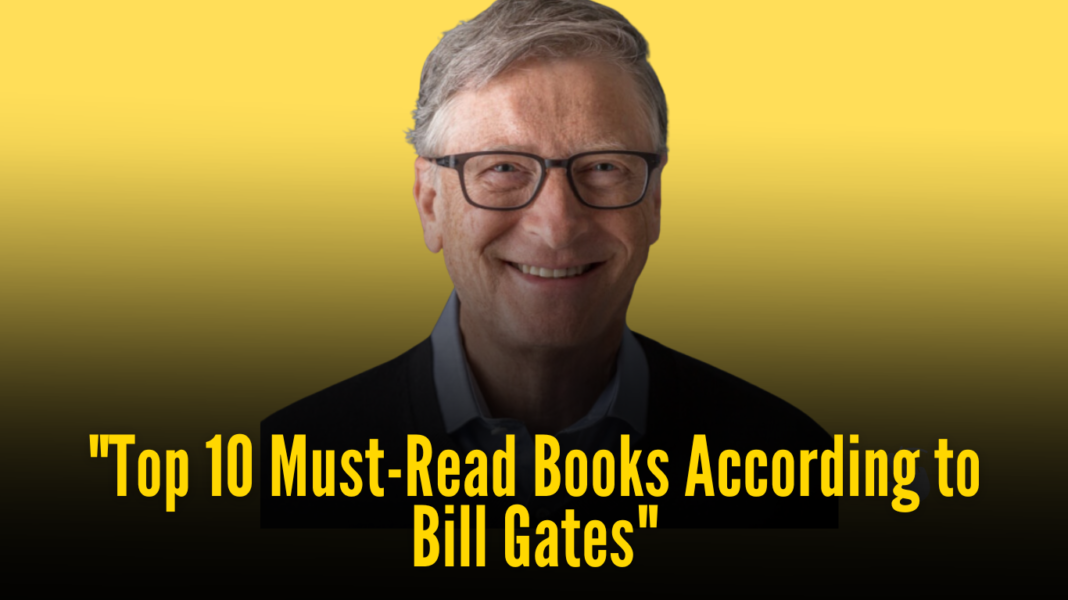Want to read like a billionaire? I’ll cut through the BS and show you exactly what Bill Gates – one of the world’s smartest humans – thinks you should be reading right now.
No fluff. No “Maybe you should read this.” Just 10 game-changing books that shaped the mind of Microsoft’s founder and the world’s top philanthropist.
Why This List Matters
These aren’t just random books collecting dust on Gates’ shelf. Each one has directly influenced his thinking, business decisions, and the billions of dollars he’s invested in changing the world.
Think about it: When someone worth over $100 billion takes time to read and recommend a book, you better believe it’s worth your attention. These are the exact books that helped shape one of the most successful entrepreneurs in history.
Let’s dive into the list that could potentially transform your thinking just like it transformed his.
Quick Reference Table
| Books Title | Category | Difficulty Level | Pages |
|---|---|---|---|
| Life Is What You Make It | Personal Development | Easy | 272 |
| Where Good Ideas Come From | Innovation/Science | Moderate | 344 |
| Moonwalking with Einstein | Science/Psychology | Easy-Moderate | 324 |
| Making the Modern World | Science/Economics | Advanced | 256 |
| The Sixth Extinction | Science/Environment | Moderate | 336 |
| The Man Who Fed the World | Biography | Easy | 297 |
| The Rosie Project | Fiction | Easy | 368 |
| The Great Gatsby | Fiction/Classic | Easy-Moderate | 224 |
| Business Adventures | Business | Moderate | 464 |
| Sapiens | History/Science | Moderate | 443 |
Must-Read Books According to Bill Gates
1. Life Is What You Make It by Peter Buffett
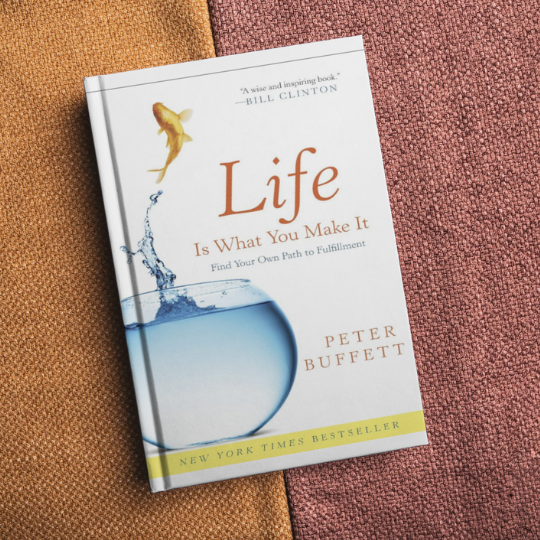
Despite being Warren Buffett’s son, Peter Buffett delivers a refreshingly grounded perspective on creating a meaningful life on your own terms.
The book shatters the common misconception that having a famous last name equals an easy life. Instead, Peter reveals how his billionaire father instilled the value of forging one’s own path rather than riding on inherited privilege.
Key Takeaways:
- Success isn’t about following your parents’ footsteps, but discovering your own journey
- True inheritance is about values and wisdom, not just wealth
- Finding purpose matters more than accumulating wealth
At $22, this book is an investment in perspective-shifting wisdom from someone who could have chosen the easy path but decided to create his own legacy instead.
What makes this read particularly compelling is Buffett’s candid approach to privilege, purpose, and the real meaning of inheritance in a world obsessed with material success.
2. Where Good Ideas Come From by Steven Johnson
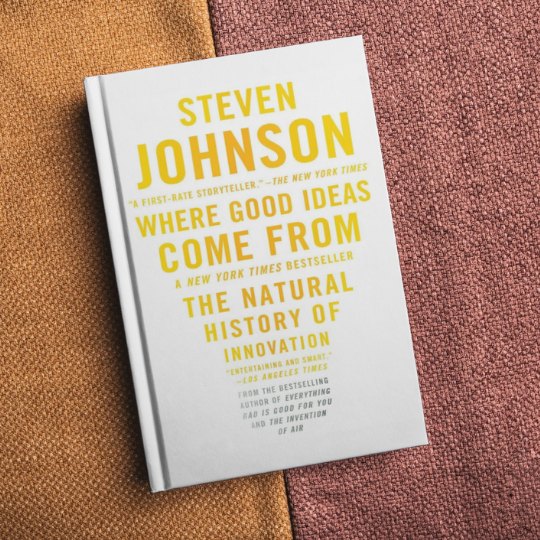
When Bill Gates recommends a book about innovation, you know it’s going to be special. This masterpiece deconstructs the DNA of groundbreaking ideas in a way that’s never been done before.
Johnson brilliantly reveals that innovation isn’t just about lone geniuses having “eureka” moments in their bathtubs. Instead, it’s a result of specific environmental conditions and patterns that we can actually recreate.
The Book’s Brilliance Lies In:
- Debunking the myth of the solitary inventor
- Showing how networks and collaboration drive innovation
- Explaining why some environments produce better ideas than others
What makes this book particularly valuable is its practical approach to fostering innovation. Johnson demonstrates how good ideas often emerge from “liquid networks” where different thoughts and concepts can freely mingle and combine.
At its core, this book isn’t just about understanding innovation – it’s about learning to create the conditions where breakthrough ideas thrive. As Gates himself noted, it’s especially valuable for anyone in business or education looking to create environments that encourage good ideas.
3. Moonwalking with Einstein by Joshua Foer
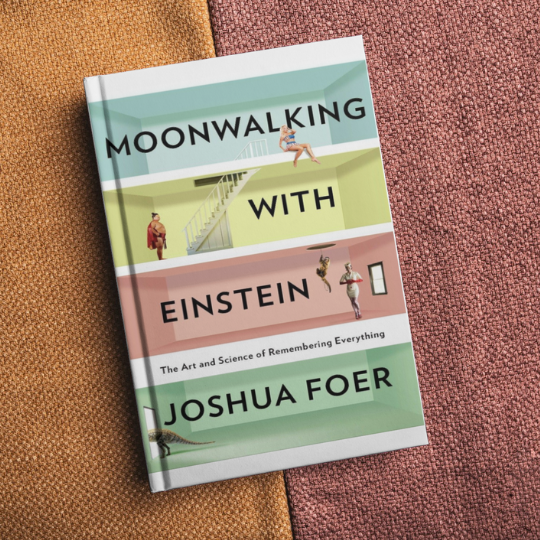
Bill Gates specifically highlighted this book for its fascinating exploration of memory’s untapped potential – a crucial skill he believes everyone should develop in our information-heavy world.
This isn’t just another self-help memory book. Foer transforms from a regular journalist to a U.S. Memory Championship contestant, taking readers along on an extraordinary journey into the art and science of remembering.
What Makes It Special:
- Combines scientific research with practical memory techniques
- Shows how anyone can dramatically improve their memory
- Reveals ancient memory methods still relevant today
The book’s brilliance lies in how it makes complex memory concepts accessible through engaging storytelling. Foer demonstrates that exceptional memory isn’t a gift, but a skill anyone can master with the right techniques.
Gates particularly appreciated how the book challenges our modern reliance on smartphones and digital notes, suggesting that training our memory might be more valuable than ever in today’s fast-paced world.
4. Making the Modern World by Vaclav Smil
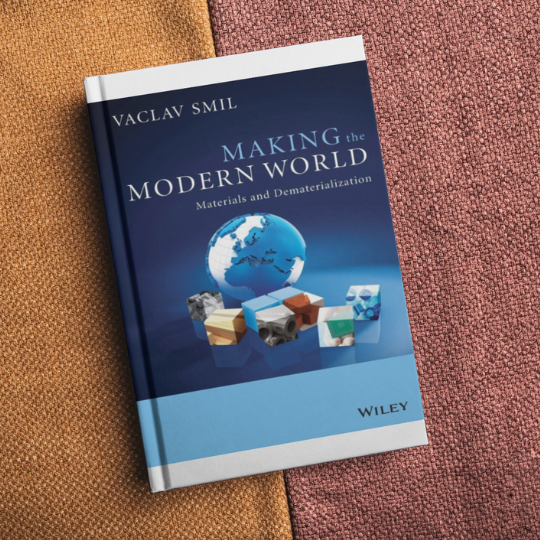
This book holds a special place in Bill Gates’ library – he considers Smil one of his favorite authors and has personally endorsed this eye-opening exploration of our material world.
The book tackles a fascinating paradox: as we become more efficient at using materials, we paradoxically end up consuming more of them. Gates particularly appreciated how Smil challenges our assumptions about consumption and progress.
Key Insights:
- Concrete, not steel, is humanity’s most crucial building material
- Technical advances have made production more efficient than ever
- Despite efficiency gains, global demand keeps rising
What makes this book particularly relevant is its practical examination of how materials shape our modern life. Gates emphasizes that understanding these patterns is crucial for addressing global poverty while protecting our environment.
The book’s most compelling argument is about “relative dematerialization” – how making products with fewer materials often leads to increased overall consumption due to lower prices and wider accessibility.
5. The Sixth Extinction by Elizabeth Kolbert
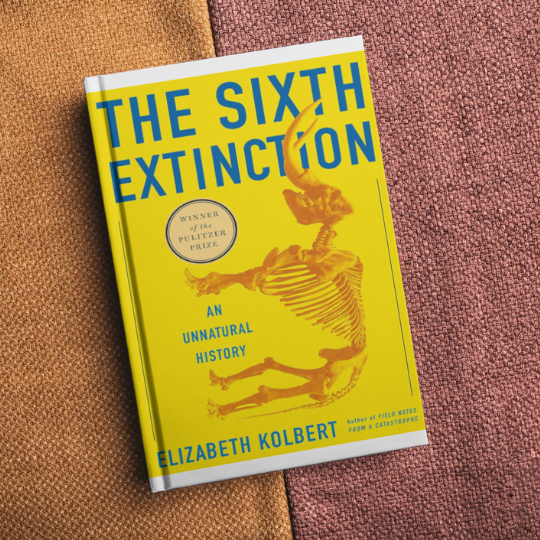
Bill Gates considers this book a wake-up call for humanity, praising its ability to transform complex scientific concepts into a gripping narrative about Earth’s future.
Unlike typical environmental books that focus solely on climate change, Kolbert takes readers on a journey through time, showing how human activity is triggering an extinction event comparable to the asteroid that wiped out the dinosaurs.
Why Gates Recommends It:
- Presents scientific evidence in an engaging, accessible way
- Combines field reporting with profound scientific insights
- Helps readers understand the scale of human impact on Earth
The book’s power lies in its storytelling approach, weaving together tales of species we’ve already lost with those fighting for survival today. Gates particularly appreciates how Kolbert avoids environmental doom-mongering while still conveying the urgency of the situation.
6. The Man Who Fed the World by Leon Hesser
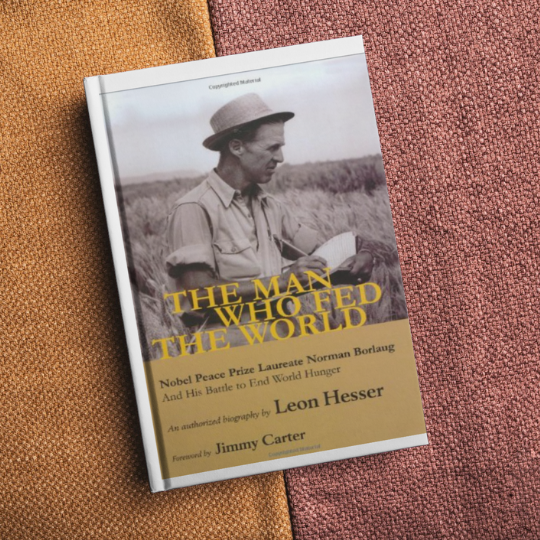
Bill Gates, deeply passionate about global food security, considers this biography of Norman Borlaug one of the most important books about making real-world impact.
The book chronicles the extraordinary life of a man who Gates considers one of humanity’s greatest heroes. Borlaug’s Green Revolution literally changed the course of human history, yet many don’t know his name.
What Makes It Essential:
- Tells the story of how scientific innovation saved a billion lives
- Shows how one person’s dedication can change the world
- Demonstrates the power of agricultural innovation
Gates particularly admires how the book illustrates Borlaug’s practical approach to solving world hunger. Instead of getting caught up in theory, Borlaug got his hands dirty in the fields, developing hardy wheat varieties that thrived where others failed.
The most compelling aspect is how it shows that world-changing innovation often comes not from flashy tech, but from persistent work on fundamental human needs. This biography serves as an inspiration for anyone wanting to make a real difference in the world.
7. The Rosie Project by Graeme Simsion
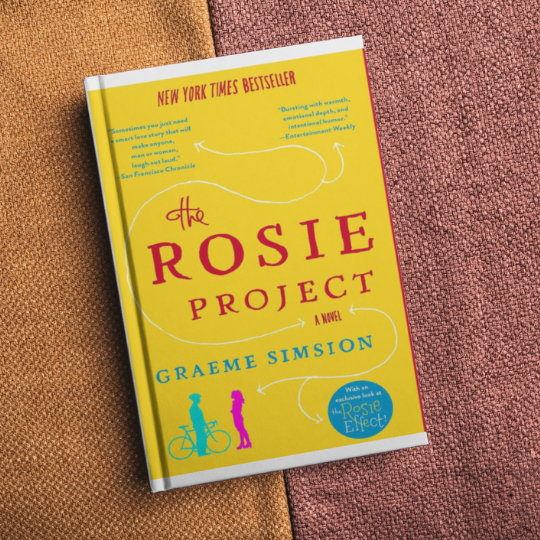
It might surprise many that Bill Gates, known for recommending serious science and economics books, enthusiastically endorses this charming romantic comedy. But that’s exactly what makes this recommendation special.
The story follows Don Tillman, a genetics professor with undiagnosed Asperger’s syndrome, who approaches finding love with the same precision he applies to scientific research. Gates particularly enjoyed how the book combines humor with deep insights into human connections.
Why Gates Loves It:
- Offers a unique perspective on love and relationships
- Blends scientific thinking with matters of the heart
- Shows how life’s best things often don’t follow a formula
What makes this book stand out is its ability to make readers laugh while subtly challenging their preconceptions about love and human connection. Gates appreciates how it demonstrates that the most meaningful things in life can’t be reduced to a checklist.
8. The Great Gatsby by F. Scott Fitzgerald

Bill Gates, who typically gravitates toward non-fiction, ranks this classic as one of his all-time favorites, noting that he discovers new layers of meaning with each reading.
This masterpiece of American literature captivated Gates not just for its portrayal of the roaring twenties, but for its timeless insights into human nature, ambition, and the American Dream.
Why Gates Returns to It:
- Offers deep commentary on wealth and success
- Explores the complexities of human relationships
- Provides relevant lessons for modern society
Gates particularly appreciates how Fitzgerald crafts a story that, despite being set in the 1920s, perfectly mirrors many aspects of today’s society – the pursuit of wealth, the illusion of success, and the cost of obsession.
9. Business Adventures by John Brooks
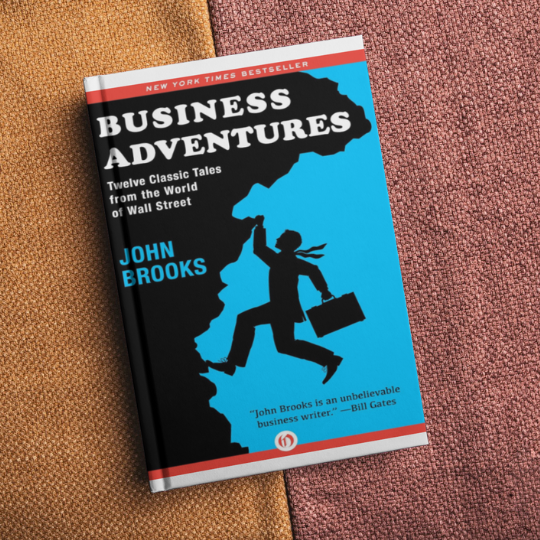
This isn’t just another business book – it’s Bill Gates’ all-time favorite business book, personally recommended to him by Warren Buffett in 1991. Gates still considers it the best business book he’s ever read.
What makes this 1969 collection of Wall Street tales particularly special is how it demonstrates that while technology and times change, human nature in business remains remarkably consistent.
Why Gates Cherishes It:
- Shows how business fundamentals haven’t changed over decades
- Presents complex business concepts through engaging storytelling
- Reveals patterns in business success and failure
Gates especially appreciates Brooks’ ability to turn seemingly dry business topics into thrilling narratives. The book explores everything from the rise of Xerox to major market crashes, showing how similar patterns tend to repeat in business.
10. Sapiens by Yuval Noah Harari

This book holds such a special place in Bill Gates’ library that he convinced Melinda(His Wife) to pack it for their vacation, knowing it would spark fascinating dinner conversations.
Gates was particularly captivated by Harari’s ability to compress 70,000 years of human history into a compelling narrative that explains how our species rose from insignificant animals to the planet’s dominant force.
Why Gates Considers It Essential:
- Explains humanity’s success through our unique ability to cooperate at scale
- Shows how shared myths and stories shape human civilization
- Challenges conventional wisdom about human progress

